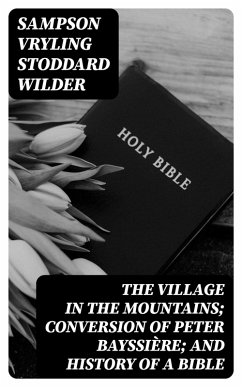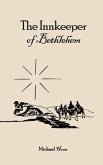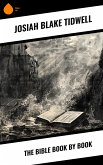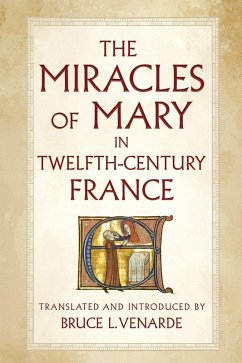In "The Village in the Mountains; Conversion of Peter Bayssière; and History of a Bible," Sampson Vryling Stoddard Wilder weaves a rich tapestry of narrative that explores themes of faith, transformation, and the intimate connection between personal and communal spirituality. Set against the backdrop of mountainous landscapes, Wilder's writing combines a poetic sensibility with an engaging prose style that immerses readers in the lives of his characters, particularly focusing on Peter Bayssière's spiritual journey. Through vivid descriptions and thought-provoking dialogues, the work engages with the broader socio-religious themes of mid-19th century America and reflects on the lifelong impacts of faith, literature, and community worship. Wilder, an influential figure in American literature, was born in the early 19th century into a milieu steeped in religious fervor and literary ambition. His experiences as a historian and educator heavily informed his writing, particularly his desire to portray the complexities of conversion and the significance of religious texts. This dual background underscores his keen understanding of the interplay between narrative and doctrine, providing readers with a multifaceted view of faith shaped by both personal conviction and societal influence. I recommend this book to readers interested in the intersection of spirituality and literature, as Wilder's insightful reflections on the transformative power of faith in "The Village in the Mountains" invite deep contemplation and meaningful dialogue. Whether you are a student of history, a lover of pastoral narratives, or someone seeking inspiration through narratives of redemption, Wilder's work promises a profound journey into the heart of human experience.
Dieser Download kann aus rechtlichen Gründen nur mit Rechnungsadresse in A, B, BG, CY, CZ, D, DK, EW, E, FIN, F, GR, H, IRL, I, LT, L, LR, M, NL, PL, P, R, S, SLO, SK ausgeliefert werden.









